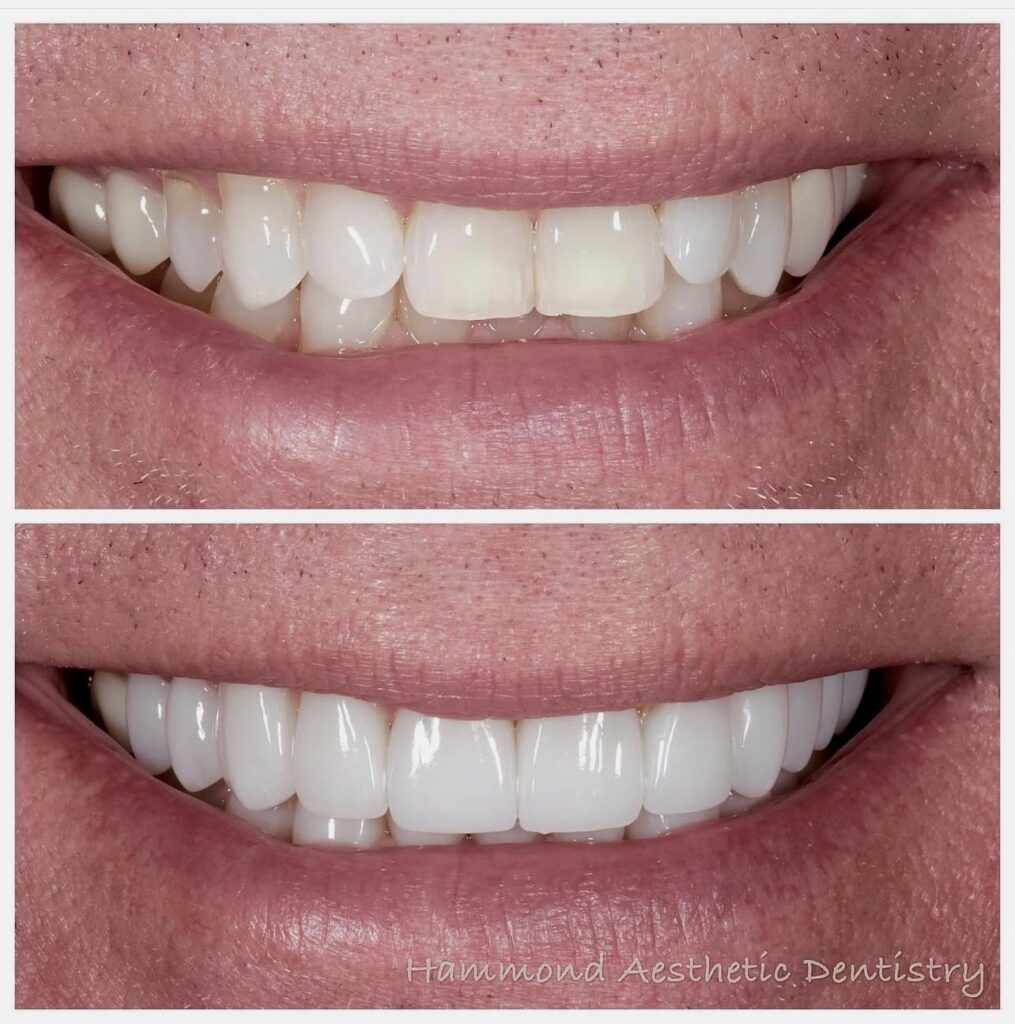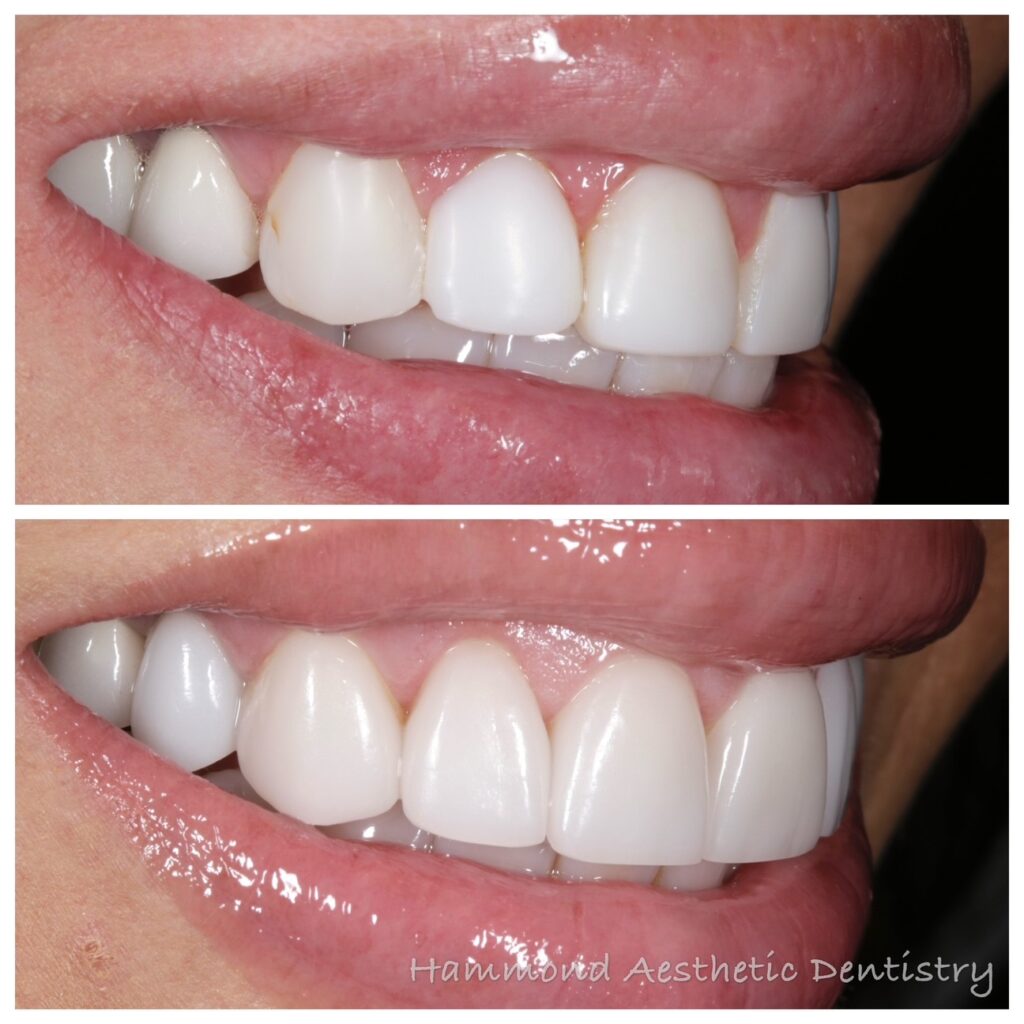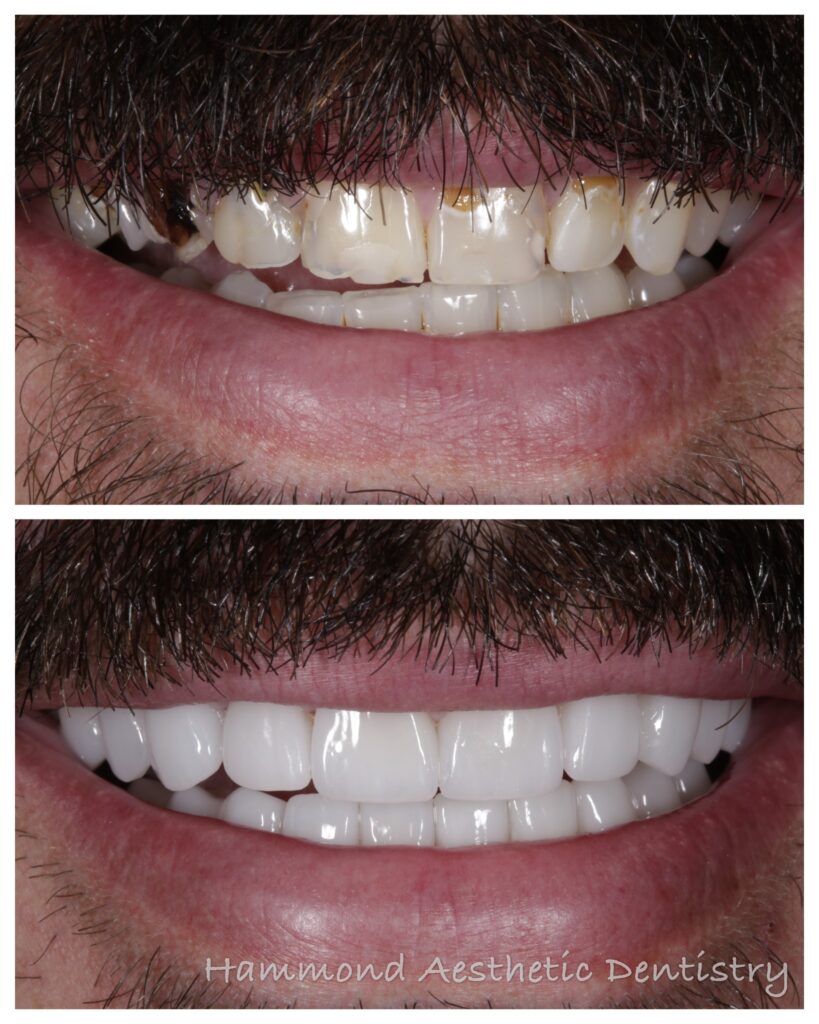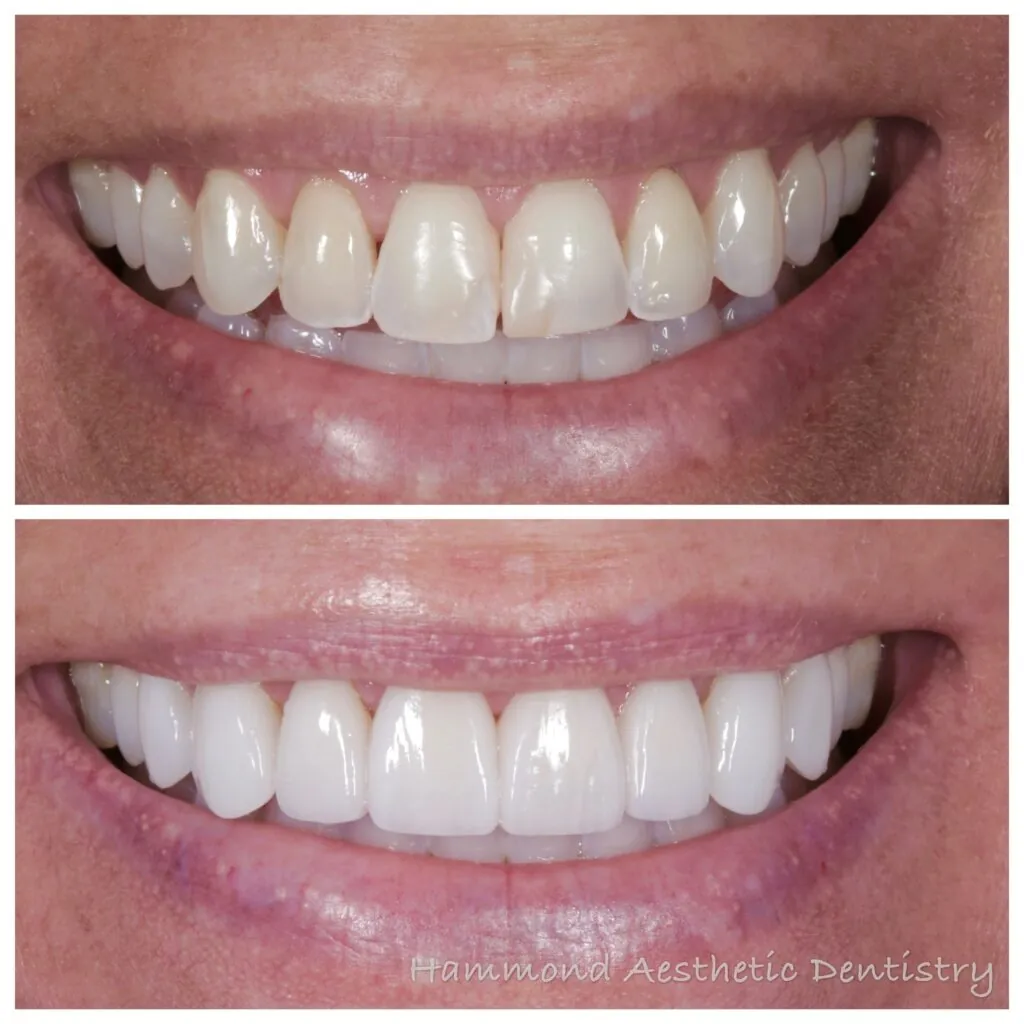Winnie the Pooh may have been onto something when he dipped into his big pot of honey because he’s never been known to have cavities. In fact, a spoonful or two of honey or beeswax may have even helped him prevent cavities.
The Academy of General Dentistry, an organization of general dentists dedicated to continuing education, recently reported the anti-cavity causing effects of honey and propolis–a resinous wax-like material that is used by the bees as a glue-like material in their hives.
“Honey and propolis have long been known for their therapeutic properties in other medicinal areas, and this research in dentistry is promising, but not definitive,” says Howard S. Glazer, DDS, FAGD, spokesperson for the Academy of General Dentistry. “Cavities are generally caused by a build-up of bacterial agents, so if you have a product that has an anti-microbial effect, the result would be healthier teeth.”
Volunteers were given less than a quarter ounce of honey and asked to swish it in their mouths for 4 minutes and then swallow. Additional volunteers were given less than half an ounce of a propolis solution, which they swished in their mouths for 1.5 minutes and then spit out. Cavity-causing bacterial counts of the volunteers’ saliva samples were taken before and after they received the honey or propolis.
Research found that despite the fact that honey contains about 70 percent sugar, honey taken in higher concentrations had an anti-cavity causing effect. Ten minutes after the volunteers had swallowed the honey, a 70 percent reduction in total cavity-causing bacteria counts was found. Similar results occurred with the propolis.
“While the researchers were excited about the results, they couldn’t definitively state with confidence that a spoonful of honey a day would help people avoid cavities,” says Dr. Glazer. “But they were confident about the fact that honey and propolis increased the salivary flow of the participants, which could account for the decrease in anti-cavity causing bacteria.”





